Vegan Globetrotter is supported by our audience. When you purchase through one of our links, we may earn a small affiliate commission. As an Amazon Associate I earn from qualifying purchases. Your cost is not affected.
==================
Vitamin B12, often called cobalamin, is a crucial nutrient that our bodies depend on for various vital functions. Yet, here’s the catch – our bodies can’t produce it independently. This nutrient is pivotal in DNA synthesis, red blood cell formation, and nerve function. A deficiency in vitamin B12 can lead to serious health complications, from anemia to cognitive challenges.
While omnivores can quickly get their fill from animal products, the path isn’t as straightforward for those embracing a vegan lifestyle. In this exploration, we’ll delve into the significance of vitamin B12, the challenges faced by vegans, and the innovative strategies to ensure you’re meeting your B12 needs while staying true to your dietary choices. So, whether you’re a seasoned vegan or just curious about plant-based nutrition, let’s embark on this journey into the world of vegan sources of vitamin B12.
B12 and Its Importance
Vitamin B12, also known as cobalamin, is a vital nutrient that our bodies need but cannot produce on their own. It plays a crucial role in DNA synthesis, red blood cell formation, and nerve function. A deficiency in this nutrient can lead to serious health issues, including anemia, nerve damage, and cognitive difficulties.
Vitamin B12 is essential for the formation of healthy red blood cells. It plays a crucial role in DNA synthesis, which is necessary for the proper maturation and division of red blood cells. Vitamin B12 helps create megaloblasts, a type of cell that eventually divides into smaller normal red blood cells. Without vitamin B12, megaloblasts cannot divide, and they stay large and die earlier than healthy red blood cells.
Vitamin B12 also works together with folate (vitamin B9) to produce red blood cells and help iron function better. Note that vitamin B12 deficiency can lead to anemia, a condition in which your body does not have enough healthy red blood cells due to a lack of vitamin B12.
Omnivores Obtain Vitamin B12 from Animal Products
For omnivores, obtaining B12 from dietary sources is relatively straightforward. Animal products such as meat, dairy, and eggs are rich in B12. However, for those following a vegan diet, finding sufficient vegan sources of B12 often offers a challenge. That’s because B12 naturally occurs in animal-based foods, leaving plant-based eaters to seek out fortified foods or supplements. However, a few plant food sources do exist.
In this article, we explore the importance of vitamin B12, the best vegan B12 sources, and practical tips on ensuring you’re getting this essential nutrient on a vegan diet.
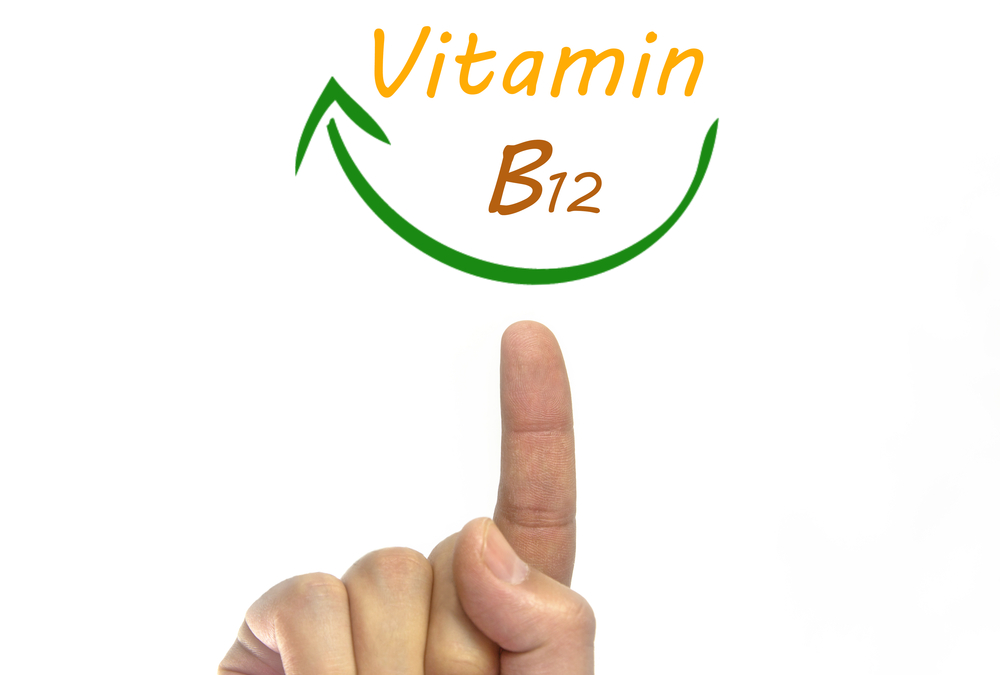
Understanding Vegan Sources of B12
Vegan sources of B12 are primarily found in fortified foods and supplements. Fortified foods are those that have had nutrients added to them that aren’t naturally present. For vegans, this often includes foods like plant milk, breakfast cereals, and nutritional yeast – all fortified with B12.
While there’s ongoing debate among scientists and nutritionists about the availability of B12 in certain plant foods, the consensus is that more than these amounts is needed to meet our daily needs. Foods like nori, tempeh, and certain types of mushrooms have been touted as good vegan B12 sources. Still, the B12 present in these foods is only sometimes bioavailable, meaning our bodies cannot adequately absorb and use it.
Consequently, relying solely on these foods for B12 intake can result in a deficiency in the long run. Therefore, understanding and utilizing fortified foods and supplements is vital for maintaining healthy B12 levels on a vegan diet.
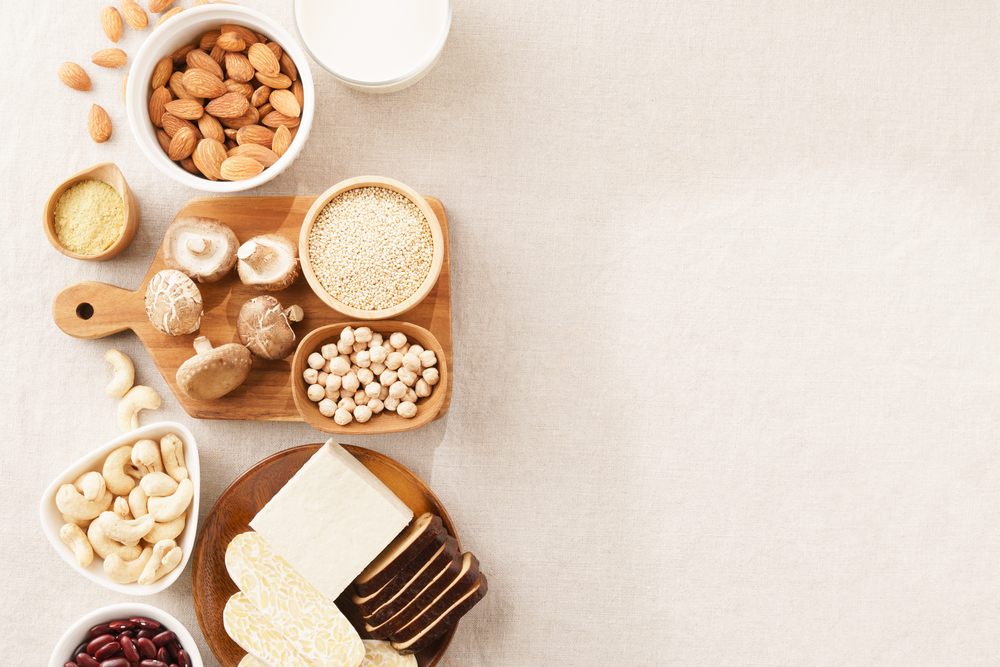
Top Sources of Vegan B12
Fortified foods are among the top vegan sources of B12. Many plant-based milk brands, such as soy and almond milk, are fortified with B12. Breakfast cereals, plant-based meat substitutes, and certain types of vegan cheese also often contain B12. Another popular source is nutritional yeast, a versatile ingredient that can be sprinkled on popcorn, stirred into soups, or used to make vegan cheese sauces. Our family uses nutritional yeast in many foods.
In addition, certain types of vegan spreads and yeast extracts are fortified with B12. Lastly, oral B12 supplements are a reliable and convenient source of B12, especially for those who may not have regular access to fortified foods.
It’s important to note that the amount of B12 in fortified foods can vary widely between products. Always check the label to ensure you get a significant amount of B12 per serving.
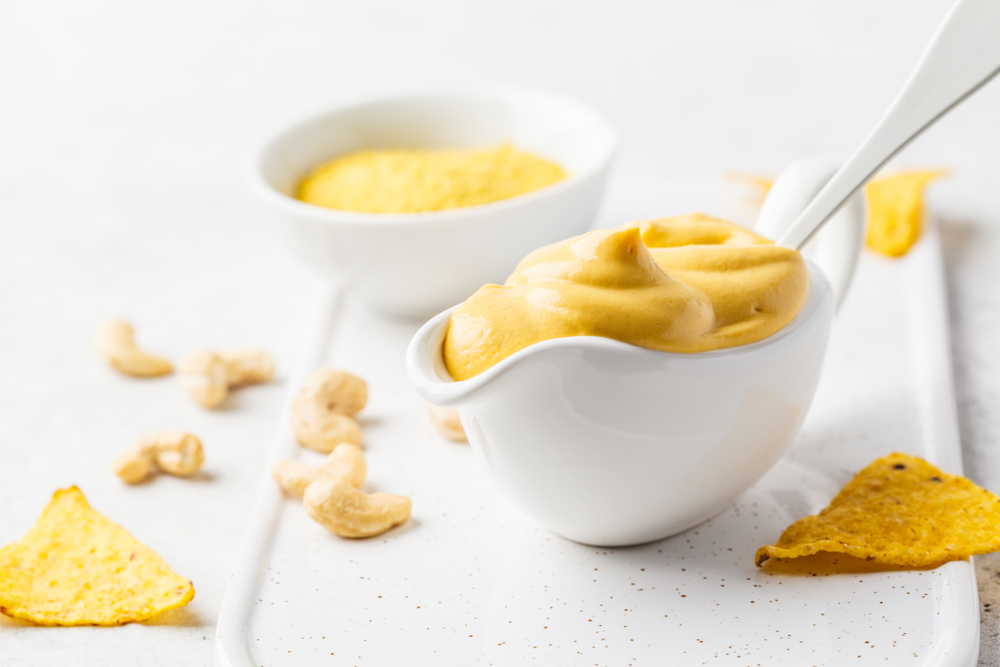
How to Effectively Add Vegan B12 to Your Diet
Incorporating vegan B12 foods into your diet might seem daunting initially, but it can be simple with some planning. Start by incorporating fortified foods into your meals. For example, start your day with a bowl of vitamin B12-fortified cereal with plant milk. You might also use fortified nutritional yeast as a topping for your salad, pasta, or popcorn.
For those on a plant based diet who enjoy Asian foods, try adding sea vegetables to your plant based foods. Seaweed offers a good source of vitamin B12. According to Healthline, dried green and purple seaweed contain substantial amounts of vitamin B12. One study found that 4 grams of nori seaweed contains 2.4 mcg or 100% of the recommended daily intake of vitamin B12.
Supporting Optimal Health With Supplements
Regarding supplements, it’s advisable to consult a healthcare provider or a nutritionist to determine the appropriate dosage for your needs. Remember that our bodies can only absorb a certain amount of B12 at a time, so taking super high doses isn’t necessarily beneficial.
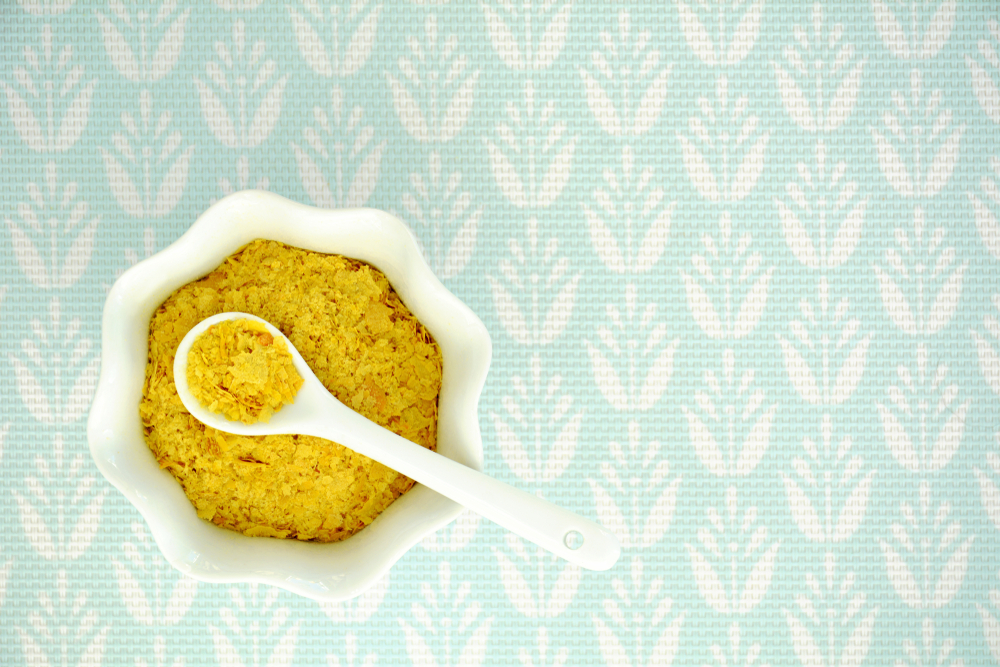
Vitamin B12 Supplements for Vegans: Are They Necessary?
Given the limited availability of vitamin B12 in plant foods, many vegans opt for B12 supplements to meet their daily requirements. While it’s certainly possible to meet your vitamin B12 needs through fortified foods alone, supplements offer a reliable and convenient source of vitamin B12 that can be particularly useful for those with limited access to fortified foods or those who struggle to absorb B12 from dietary sources.
Forms of Vitamin b12 Supplements
B12 supplements come in various forms, including tablets, capsules, and liquids. They’re generally considered safe, with few side effects, but it’s always wise to consult a healthcare provider before starting any new supplement regimen.
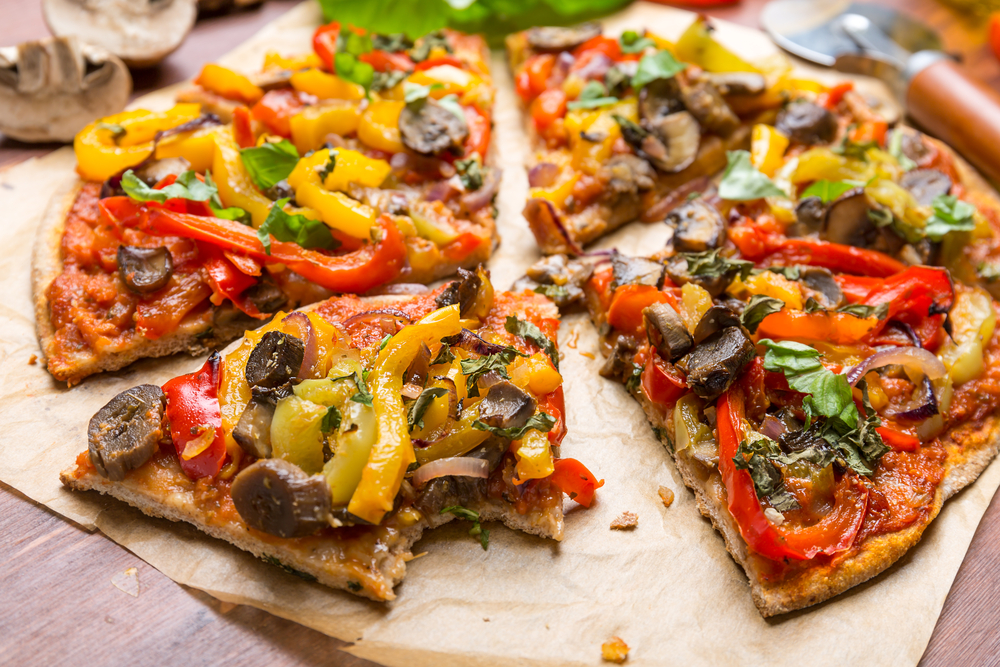
The Most Reliable Source of Vitamin B-12 for the Vegan
While fortified foods are a great source of B12 for vegans, the most reliable source of vitamin B-12 for the vegan would be a vitamin B12 supplement. That’s because the absorption of B12 from supplements isn’t influenced by the other meal components, which isn’t the case with fortified foods.
Supplements With Vitamin b12
B12 supplements are also highly bioavailable, meaning the body can easily absorb and use the B12 they provide. Furthermore, B12 supplements are easy to incorporate into your routine and provide a surefire way to meet your daily B12 needs, regardless of your dietary preferences or restrictions.
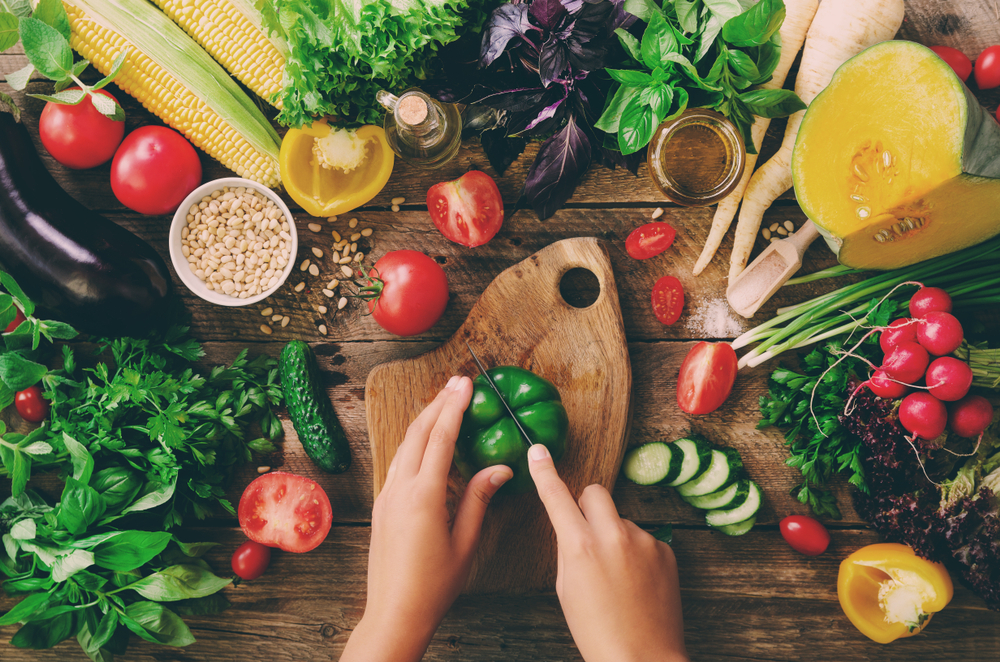
Recognizing and Combating Vegan B12 Deficiency Symptoms
Vitamin B12 deficiency can lead to several potential symptoms, including fatigue, weakness, constipation, loss of appetite, weight loss, and neurological changes like depression and poor memory. Vitamin B12 deficiency can cause serious health issues, such as nerve damage and anemia if left untreated.
Vitamin B12 Deficiency
Vegans should be aware of these symptoms and seek medical attention if they suspect a deficiency. Blood tests can confirm a vitamin B12 deficiency, and high-dose B12 supplements are typically recommended to restore B12 levels quickly.

Vitamin B12 Needs Support, Too
Vitamin B12 works together with other vitamins to support various bodily functions. Vitamin B12 and folate (vitamin B9) work together to produce red blood cells and help iron function better. Vitamin B12 also works with vitamin B6 and folate to regulate homocysteine levels in the blood, which can help reduce the risk of heart disease.
Vitamin b12 and Vitamin D Relationship
There is no direct relationship between vitamin D and vitamin B12. However, some studies suggest that vitamin D may help improve vitamin B12 absorption in the body . Vitamin D also helps regulate calcium levels in the body, which is important for vitamin B12 absorption.
How to Get B12 as a Vegan: Practical Tips
Vegan diets contain many health benefits. Getting enough vitamin B12 for optimal health as a vegan is not only possible, but it’s also easier than you might think.
Here Are Some Practical Tips:
Include vitamin B12-fortified foods in your diet regularly. Look for plant milk, cereals, and meat substitutes fortified with vitamin B12. Include sea vegetables and nutritional yeast in your plant-based diet.
Consider a vitamin B12 supplement, especially if your access to fortified foods is limited. You might also use a supplement if your blood tests show a vitamin b12 deficiency. Health professionals often routinely check for vitamin b12 on routine blood tests.
Regularly monitor your B12 levels. This is especially important for vegans, as we’re at a higher risk of deficiency. Again, consult your health professionals for needed blood tests.
Listen to your body. If you’re experiencing symptoms of a B12 deficiency, seek medical attention.
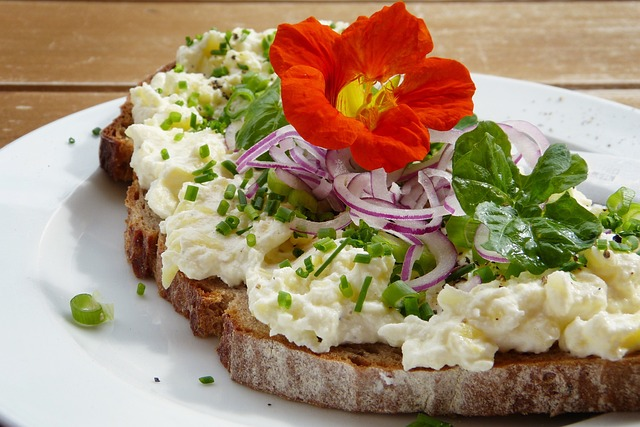
Expert Advice on Vitamin B12 for Vegans
Health professionals and other experts agree that vitamin B12 is a nutrient that vegans need to pay attention to. The consensus is that all vegans should regularly consume B12-fortified foods or take a vitamin B12 supplement. Even if you’re not experiencing symptoms of deficiency, it’s important to ensure you’re getting enough vitamin B12, as the consequences of deficiency can be serious.
It’s also recommended to have your B12 levels checked regularly, especially if you rely solely on fortified foods for your B12 intake. This can help catch any potential deficiencies early and allow for prompt treatment.
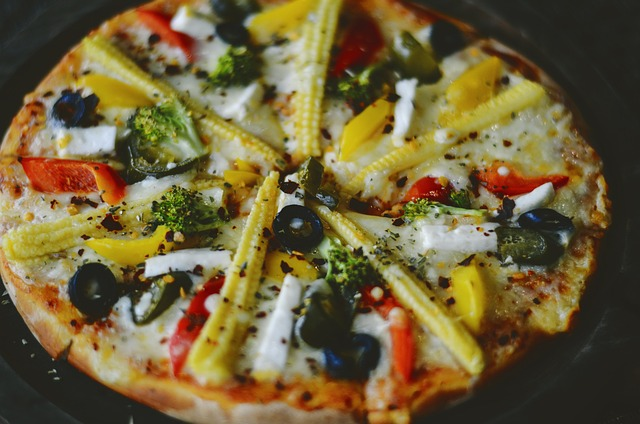
Ensuring Adequate B12 for Vegans
Ensuring adequate vitamin B12 on a vegan diet requires some planning and attention, but it is achievable. By incorporating B12-fortified foods into your diet, considering vitamin B12 supplements, and keeping an eye on your B12 levels, you can thrive on a vegan diet without worrying about B12 deficiency.
Remember, the most reliable source of vitamin B-12 for the vegan would be a B12 supplement, but fortified foods also play a crucial role in maintaining healthy B12 levels. Listen to your body, stay informed, and don’t hesitate to seek professional guidance if needed. Here’s to your health and well-being on a vegan diet!
Quick Facts About Vitamin B12 and B12 Deficiency
Here are some facts about vitamin B12:
Water Soluble
Water-soluble vitamins are organic compounds that can dissolve in water and are not stored in the body. They are mostly components of coenzymes and are needed for normal growth and metabolism. They are found in plant and animal foods, especially those with high water content, and can also be taken as supplements. Since it is not stored in the body, Vitamin b12 deficiency can happen more quickly.
Vitamin B12 is naturally found in animal products such as meat, fish, poultry, eggs, and dairy products. However, some plant foods such as Nori seaweed, also contain b12.
Vitamin B12 supplements are generally considered safe when taken at appropriate doses. The recommended daily amount of vitamin B12 for adults is 2.4 micrograms.
Nourishing Your Vegan Journey with Vitamin B12
As we wrap up our deep dive into the realm of vegan-friendly vitamin B12, one thing is clear: maintaining a healthy vegan lifestyle involves some thoughtful choices and a dash of awareness. This nutrient, while elusive in plant-based foods, is absolutely essential for your well-being.
The Vegan Way Forward
For all our fellow vegans out there, don’t fret – there are ways to ensure you’re getting the B12 you need. From fortified plant-based goodies to trustworthy supplements, there’s a path for everyone. Remember, your body deserves the best, and a little extra attention to your B12 intake goes a long way in supporting your vegan journey.
Listen to Your Body
Lastly, tune in to your body’s signals. If you ever notice the telltale signs of a B12 deficiency, like fatigue or memory fog, don’t hesitate to seek medical advice. Veganism should be a journey of vibrant health and ethical choices, so let’s make sure we’re doing it right.
Stay B12 Savvy
In a world that’s becoming increasingly vegan-friendly, you’re not alone on this quest for plant-powered vitality. So, keep those fortified foods in your pantry, consider a reliable supplement, and stay vigilant about your B12 levels. It’s your journey, and it’s worth every nutrient-rich step. Cheers to your health, the animals, and our beautiful planet!
Commonly Asked Things About B12
Do all vegan foods naturally contain vitamin B12?
No, most vegan foods don’t naturally contain vitamin B12. It’s mainly found in animal-based products. Vegans typically rely on fortified foods or supplements to meet their B12 needs.
Can I get enough B12 from just plant-based sources like nutritional yeast or sea vegetables?
While some vegan foods like nutritional yeast and certain sea vegetables contain B12, they might not provide enough. It’s advisable to incorporate fortified foods or consider supplements for a reliable B12 intake.
Is it necessary for every vegan to take a B12 supplement?
Not necessarily, but it’s a wise choice. Many vegans opt for B12 supplements to ensure they meet their daily requirements consistently. However, supplements might not be essential if you regularly consume fortified foods and monitor your B12 levels. Always consult a healthcare professional for guidance.
Discover a World of Vegan Inspiration on Social Media!
Are you ready to embark on a journey of plant-powered discovery? Join us on our social media platforms and become a part of the thriving vegan community at Facebook, Instagram, Pinterest, and Twitter.
🌱 Get Inspired: Explore mouthwatering vegan recipes, sustainable living tips, and travel adventures celebrating a compassionate lifestyle.
💚 Product Reviews: Stay informed with honest product reviews and recommendations to make vegan choices more manageable and more enjoyable.
🤝 Community Connection: Connect with like-minded individuals who share your passion for veganism, health, and ethical living. Share your experiences, learn from others, and be part of a global movement for a better world.
Don’t miss out on a world of vegan goodness! Follow us on social media and be part of a community dedicated to making the world a kinder, healthier place, one plant-based meal at a time. #VeganCommunity #HealthyLiving #JoinUs


Don't miss out
when new recipes and information are added!
Join our newsletter for free recipes,
healthy living inspiration, and special offers
You have Successfully Subscribed!